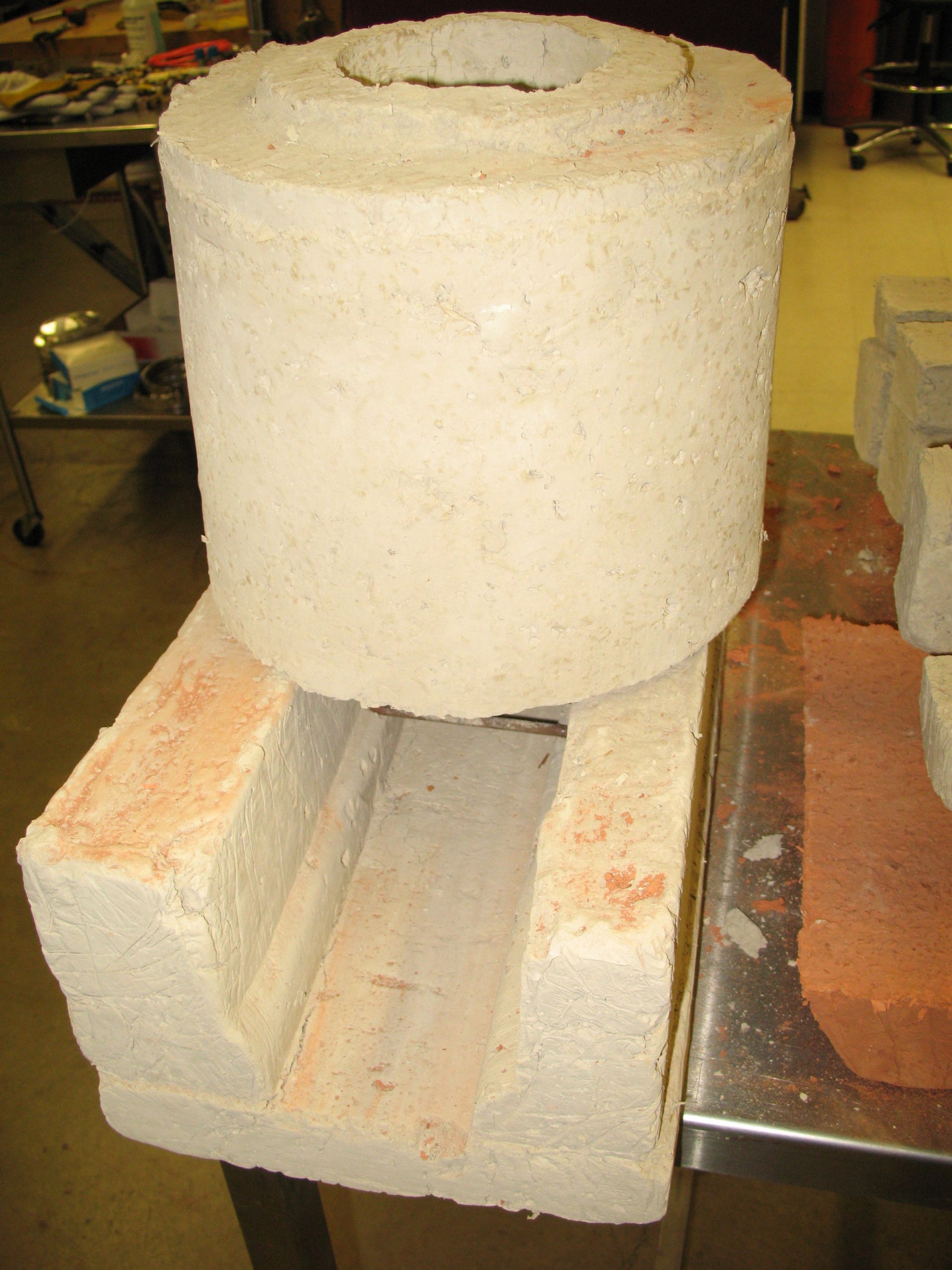
Dec. 4, 2012 – The U.S. Environmental Protection Agency has awarded two University of Utah engineering teams with grants for sustainability research: chemical engineers will optimize cookstove design in rural Nepal, while civil engineers will design treatments for polluted water from olive oil mills in the West Bank.
These teams are two of 45 teams in the United States receiving $15,000 each to design their proposed technologies.
The World Health Organization estimates 1.5 million people die each year from health complications related to inhaling cooking smoke. These open fires also promote deforestation – to the tune of 560 acres per day in Nepal.
To help address these problems, a University of Utah chemical engineering team will visit Kumari, a village in Nepal’s Nuwakot district, where pine trees are harvested for indoor heating and cooking fuel. Working with Kumari villagers and local nongovernmental organizations, the team will develop a clean cookstove to improve indoor air quality, reduce deforestation, promote biodiversity and generate rural economic development. Students are currently evaluating several stove designs at the university’s Combustion Research Facility.
“I am excited to use the knowledge I have learned throughout my college career to help make a difference on the environment, as well as on the lives of many people who do not have access to the basics needs for a healthy life,” says civil engineering undergraduate Jeff Huber.
Huber and civil engineering undergraduate Alexsys Smith, along with chemical engineering staff member Dana Overacker and mechanical engineer Dan Sweeney, will travel to Kumari during their winter break this month to optimize a cookstove and give villagers a sustainable alternative that meets their cooking and heating needs. After they come back, the team will finalize a cookstove design that can be produced and maintained by Kumari villagers using local materials.
“I am proud of the commitment and determination of our students to help communities in Nepal and generate a positive influence in terms of health and sustainability,” says JoAnn Lighty, professor and chair of chemical engineering at the University of Utah and faculty mentor for the cookstove project. “These students are giving up their holiday to help others – a great example of giving.”
Treating Olive Mill Waste in the West Bank
A major environmental pollutant throughout the West Bank and Mediterranean region is olive mill waste – the solid and liquid waste generated from olive oil production. These byproducts are disposed routinely into waterways and cesspools in the West Bank, causing surface and groundwater pollution and harming aquatic plant and animal life.
A team of University of Utah civil engineers will address these issues by designing a waste treatment process for an olive mill in Deir Abu Mashal, a village in the West Bank. The U team will test a physical treatment using sand filtration, a biological treatment of liquid waste and composting of solid waste. The team will work with Birzeit University on the West Bank to characterize the waste, identify construction materials, and build partnerships with local olive mill owners.
In addition, the team plans to develop a training program to educate mill owners about the need for waste treatment and the benefits of investing in this process, such as reduced water pollution and odors, and the recycling potential of the treated waste for use elsewhere in the olive farm.
“This EPA project provides a great opportunity for the University of Utah team to tailor a low-cost, viable engineering solution to the proper disposal of wastes from olive oil production in the West Bank, where the current practice has resulted in significant environmental degradation,” says Andy Hong, a civil engineering professor at the U and faculty mentor for the olive mill waste project. “This project brings together undergraduate and graduate students working with the West Bank team, who by volunteering their time and acquired engineering skills have enriched their education curriculum and international experience.”
The EPA P3 (People, Prosperity and the Planet) grant competition asks college students to design sustainability-related technologies to improve quality of life, promote economic development and protect the planet.
The competition has two phases. The U students have made it through the first phase of the competition, and in April, they will travel to the National Sustainable Design Expo in Washington to compete for a grant of $90,000 to help implement their technologies.
“This year’s P3 teams are made up of emerging environmental leaders who are part of the future of environmental and public health protection,” said Lek Kadeli, principal deputy assistant administrator for EPA’s Office of Research and Development. “These P3 grants encourage the growth of small businesses focused on developing innovative technologies to combat environmental issues.”
